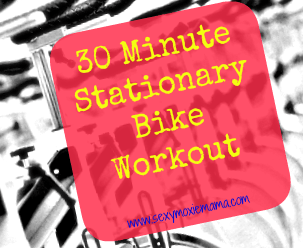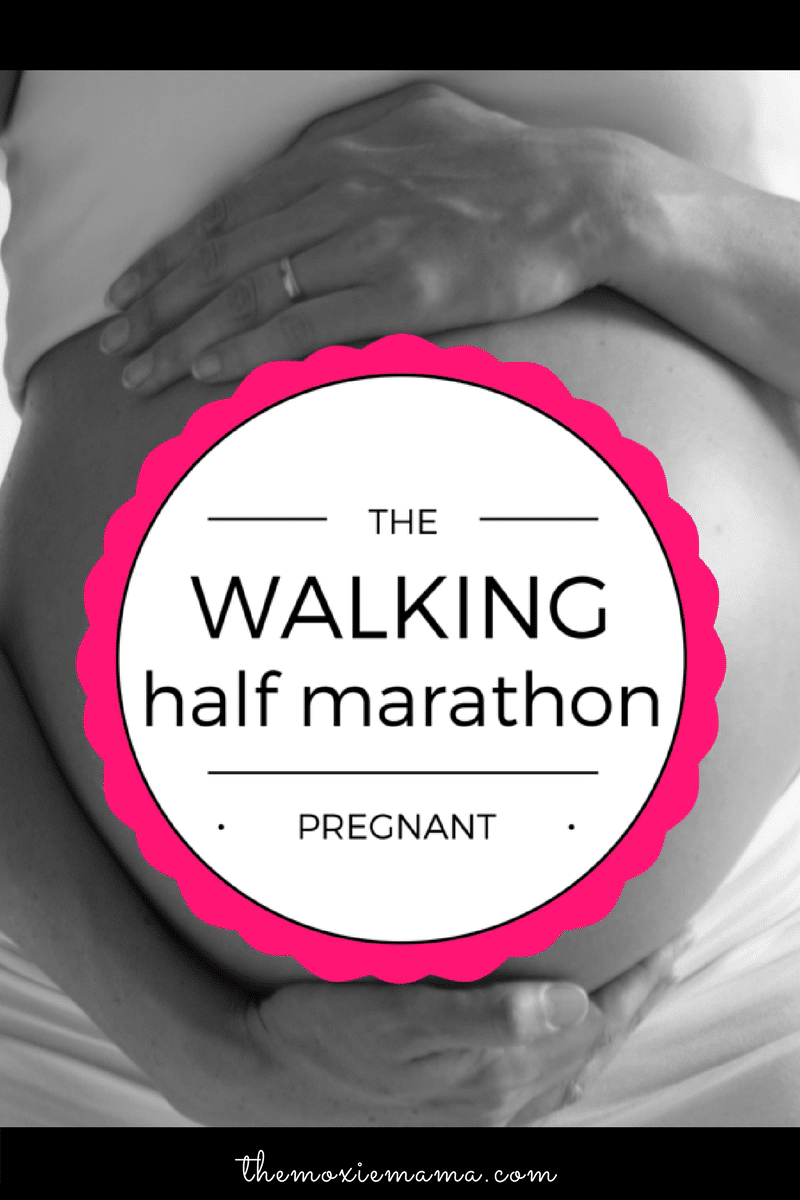What makes a successful workout program? The truth is, there are so many health and fitness programs promising to give exceptional results to users. With so many programs available, it can get intimidating selecting a workout program that will really work for you. But with a little determination and these tips, you can find success with your workouts.
Start Slow
Plan to exercise about 2 1/2 hours (150 minutes) each week. The American Heart Association recommends 30 minutes a day, 5 days a week of moderate-intensity aerobic and muscle-strengthening activities. Go at your own pace and gradually work up to a challenging pace.
Mix it Up
To successfully lose weight, make your exercise fun. Exercise is an important aspect of any effective weight loss plan. Many people fail to lose weight because they spend their time doing monotonous and repetitive activities and then give up on exercising altogether. Fitness apps and videos that get you up and moving are an excellent option for keeping your workouts fresh and fun. Once the weather warms, you might also enjoy walking or jogging at the park or playing with the kids outside. Whatever you decide, just get moving.
Know Your Heart Rate
Monitoring your heart rate is an excellent way to determine if you are completing your workouts at the appropriate intensity for your weight loss goals. According to the American Heart Association, the ideal exercising heart rate is between 60 and 90 percent of the heart’s maximum rate. To calculate your target heart rate per minute, subtract your age from 220. Multiply your desired intensity level (from 0.for beginners to 0.85 for more intense) to obtain the ideal number of beats per minute, Speak with your doctor before beginning any exercise program to determine what heart rate is best for you given your physical and medical condition.
Turn Off Your Phone
It is ok to use an iPod or similar for music, but if you are checking your email, social media, or texting, how hard are you really working out? Use your workout time as “ME” time. Having a little uninterrupted “me” time every day is excellent not only for your waistline but also for your stress levels. Keep your cell phone and any other device that connects to the internet locked in the gym locker or turned off.
Stretch it Out
Stretching is a fantastic way to increase your flexibility and decrease the strain of muscular tension from an intense exercise session. Stretching by itself is not the best way to burn fat, but it is suitable for toning muscles, promoting healthy joints, decreasing tension. Yoga is an excellent form of stretching and flexibility and can be performed by people of all activity levels.

Get Some Zzz’s
Many people forget about rest as part of losing weight. Rest includes both daily and weekly rest periods. A routine of enough nightly sleep can aid in this, helping your body and mind work at their best every day for weight control and overall health.
Researchers at the University of Chicago found even with a great diet and daily workouts, you’re in danger of gaining weight if you neglect to get eight hours of sound sleep each night. Seven fat-fighting hormones can become skewed if you do not get enough sleep each night. This can make maintaining and losing weight difficult. These hormones are leptin, ghrelin, adiponectin, insulin, glucagon, cortisol, and growth hormone.
Additionally, you need to rest during the week as well. Taking one day off a week from exercising is optimal for your body to rest and repair muscles.
Eat Your Heart Out
Make sure that you are getting enough calories throughout the day. Starvation diets can lead to over-eating, illness, and nutritional deficiencies. Find out how many calories you should eat a day with a BMR calculator. While on a diet, be sure you still include healthy and whole foods to your diet. Many people trying to lose weight put too much focus on low-calorie items and less on the dense nutrients in whole foods. While you might lose some weight, you are decreasing your metabolism and setting yourself up for nutritional deficiencies.
Track Food and Activity
Nothing gives you a big dose of reality, like seeing what you have eaten and the activity you have performed in black and white. Food and activity tracker tools, like the Fitbit, keep track of many variables to assist you in reaching your weight loss goals. The most comprehensive trackers are intended to track your calories eaten and calories burned (from daily activities and workouts) throughout the day. These are a great tool if you start to stall on your weight loss by enabling you to look back on diet and exercise from previous days.
Stay Hydrated
Staying hydrated when you’re attempting to lose weight is vital. Many people require 8 glasses of water a day to keep hydrated, while others may need a little more. Increase your water intake when you exercise as well as in hot weather to maintain proper hydration. Drinking water can keep the digestive system properly functioning and increase your feeling of satiety. A good rule of thumb is to drink one cup of water every 15 minutes you are exercising.
Take Your Vitamins
Supplementing your diet with the right vitamins can benefit your efforts of exercise and calorie reduction when attempting to lose weight. Specific vitamins may help to decrease hunger, improve your body’s ability to lose weight, and increase your exercise performance. Vitamin supplementation should never be considered a replacement for whole foods such as fruits, vegetables, and lean proteins.
**Always consult your physician before beginning any diet or exercise program.


